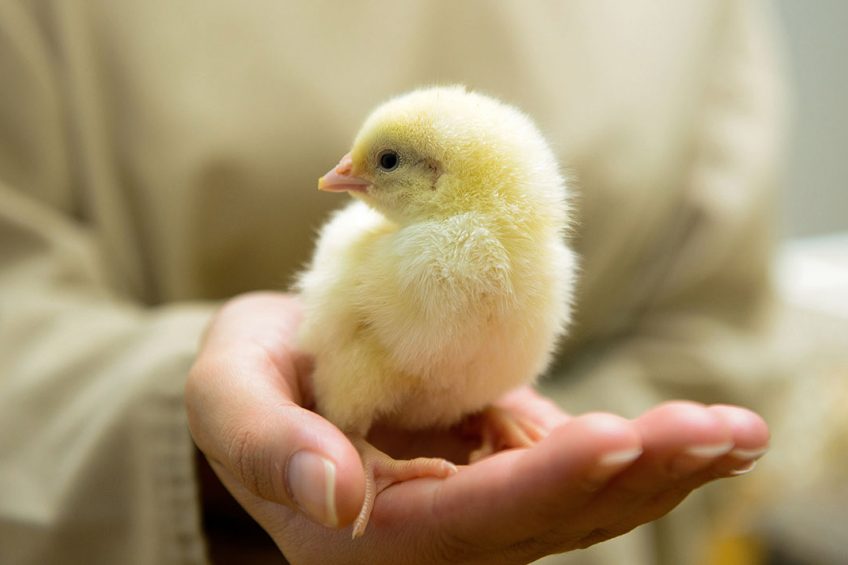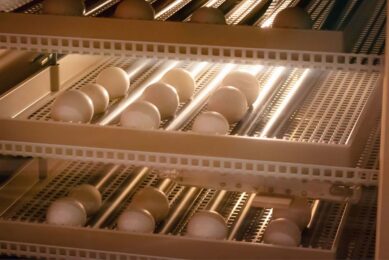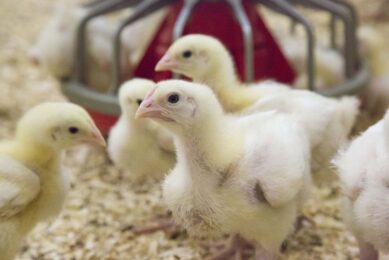Poultry sector inherently innovative

As 2018 draws to a close, it’s worth reflecting on the year past, and those that went before it.
But instead of dwelling on how time flies, let’s consider some of the advances in practical poultry farming we’ve seen this year. Here in the UK two early feeding systems have been implemented, one which hatches eggs on farm and another that offers nutrition to chicks in their hatching crates. Both begin to address the traditional notion that birds’ performance can only be influenced on the farm.
Work is progressing quickly in monitoring whole flocks by their spatial movement, or smell, or sound, to determine if health challenges are around the corner before conventional veterinary methods can detect them.
And that flock monitoring is leading to a revolution in labour. Farms can be remotely monitored by businesses that specialise in poultry performance from half way around the world, turning the idea that a poultry farmer must be wedded to his birds 24/7 on its head. Instead, introducing proper shift patterns and breaks will only attract more talent into the industry.
In Germany, the first commercial egg sexing system is in operation, meaning male chicks from laying hen lines are not incubated unnecessarily. There is a € 0.02 premium, but prices will most likely come down. While it is a welfare boon, the concept has the potential to save space in setters, and nearly half the cost of hatching hens.
In the Netherlands, the Kipster system is redefining what it means to produce eggs, with feed derived from wasted produce destined for human consumption. Rationalising food waste as an animal feed to produce clean, complete protein like egg is truly revolutionary.
And just 200 yards from London Bridge, in one of the world’s largest cities, Entocycle’s Keiran Olivares Whitaker is rearing millions of flies. He is developing a business model that could see waste food turned into sustainable feed for birds across the world.
All this before one considers the primary research into vaccines, additives and other treatments that have the potential to truly transform animal health and reduce the need for antibiotic-based treatment. Indeed, it will soon be possible to inoculate birds against external parasites – red mite – a truly mind blowing concept.
Genetics, too, are continuing to improve apace, and there is little evidence that a performance plateau is close. And it seems welfare measures are increasingly part of the picture when it comes to selection.
The best thing is, this year is a little different to any other before it. Poultry farming is inherently innovative.
Join 31,000+ subscribers
Subscribe to our newsletter to stay updated about all the need-to-know content in the poultry sector, three times a week. Beheer
Beheer








 WP Admin
WP Admin  Bewerk bericht
Bewerk bericht